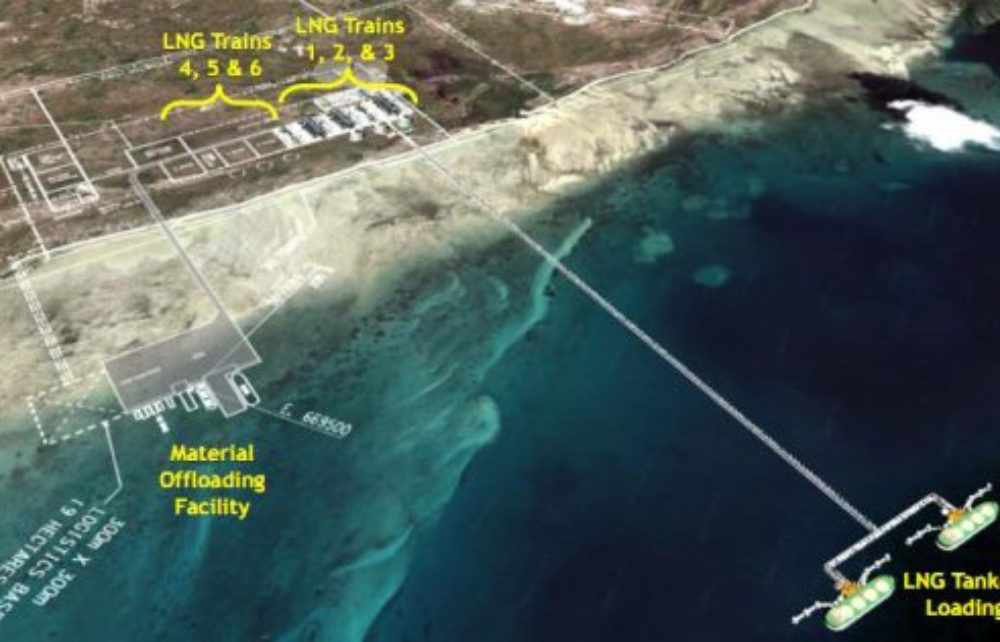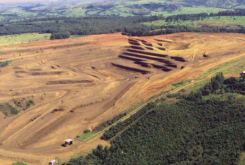The Chinese and South Korean governments signed an agreement to support joint exploration of natural gas in the Rovuma basin, Cabo Delgado province, in northern Mozambique.
According to South Korea’s Ministry of Economy and Finance, the two countries signed agreements to “launch and strengthen” five cooperation projects between Chinese and South Korean companies in third countries.
In a statement, the ministry highlighted the project to explore natural gas in the Coral field of the Rovuma basin, an area where it is estimated that there are reserves of around 190 billion cubic feet of natural gas.
China´s CNPC and partners to start LNG production in Mozambique in October
The agreement was signed on Saturday during a summit, held via videoconference, which brought together the South Korean Minister of Economy and Finance, Choo Kyung-ho, and the director of the Development and Reform Commission, China’s main economic planning body, He Lifeng.
It was the first such meeting since October 2020, with the next summit scheduled for South Korea in 2023, in a face-to-face format, the South Korean news agency Yonhap reported on Sunday.
Eni’s Coral Sul FLNG completes journey from South Korea to Mozambique
The Coral field, which has investment from the South Korean state company Korea Gas Corporation and the Chinese state oil company China National Petroleum Corp, is expected to start producing natural gas in 2024, the statement said.
The consortium responsible for the project also includes the Portuguese company Galp Energia S.A. and the Mozambican state oil company Empresa Nacional de Hidrocarbonetos, among other partners.
A floating liquefied natural gas exploration platform, manufactured in South Korea, has arrived on the coast of northern Mozambique, the National Petroleum Institute (INP) of Mozambique announced in January.




